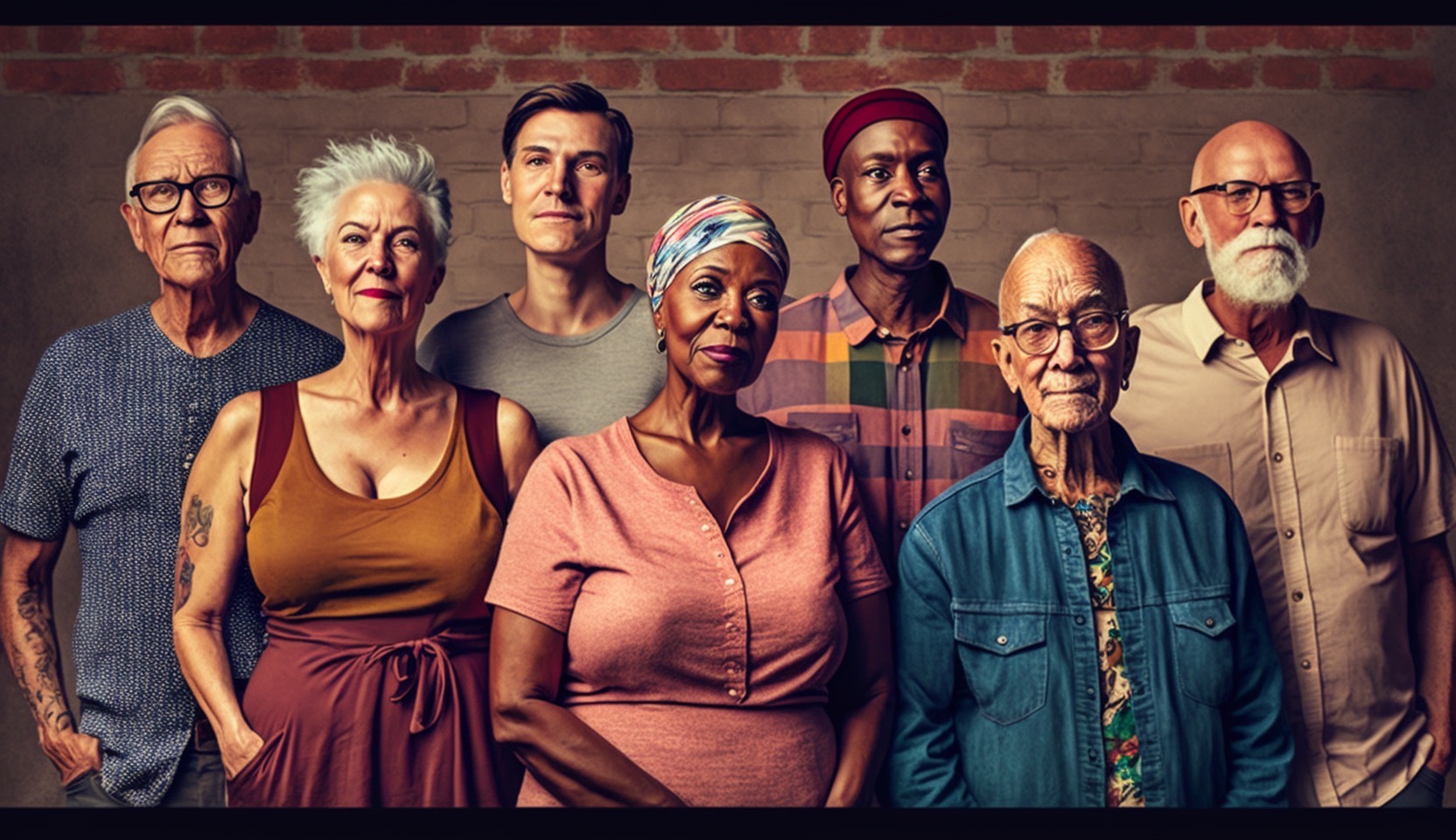College of Nursing faculty member Joel G. Anderson and colleagues have been granted a research award totaling over $3.5 million from the National Institute on Aging. The grant is a testament to the team’s groundbreaking work and commitment to advancing research in the field of caregiving for people living with dementia.
Anderson, an associate professor known for his exceptional contributions to caregiver support in dementia care, has demonstrated a profound dedication to advancing knowledge in his field. This recent grant award recognizes his leadership and expertise in the pursuit of meaningful research that addresses critical challenges faced by society.
The project, titled “Enhancing Measurement and Characterization of Roles and Experiences of Sexual and Gender Minority Caregivers of Persons living with Alzheimer’s Disease and Related Dementias,” is set to span a five-year period. In collaboration with co-principal investigators Jason Flatt from the University of Nevada-Las Vegas and Maritza Dowling from George Washington University, Anderson and his team will embark on a comprehensive study to understand the experiences, roles, and dynamics of LGBTQIA+ caregivers of people living with dementia.
“We still don’t know a lot about the experiences of LGBTQIA+ caregivers of people living with dementia, so existing measures are unlikely to be sensitive to their unique needs and experiences,” said Anderson. “Some of the critical gaps we aim to address with this study are how current definitions of families can be broadened to better reflect changes to family structures, how different relationship types affect caregiving dynamics, how caregiving and gender roles affect the type of care provided, and how discrimination may represent a barrier for LGBTQIA+ caregivers toward seeking the help and support the need.”
The project aims to identify existing domains and develop new measures that accurately capture caregiving constructs and experiences of LGBTQIA+ caregivers. By testing and validating, the team will ensure these measures are inclusive and effective in portraying the unique challenges and experiences faced by LGBTQIA+ caregivers in the context of dementia care.
Individuals who identify as lesbian, gay, bisexual, transgender, queer, intersex, asexual, and/or other identities remain underrepresented in dementia caregiving research. Estimates suggest that nearly 1 million LGBTQIA+ adults in the U.S. are caregivers, with nearly half providing care to someone living with dementia. Previous research conducted by the team highlighted health disparities experienced by LGBTQIA+ caregivers, such as caregiver stigma, depressive symptoms, and discrimination, necessitating an inclusive approach to caregiving research. The proposed study, guided by a community-based participatory approach, will leverage the expertise of advisory boards and caregiving experts to identify and explore domains of caregiving for LGBTQIA+ caregivers, develop and refine new measures, and test these measures among a diverse sample of caregivers.
Research reported in this press release was supported by the National Institute on Aging of the National Institutes of Health under award number 1R01AG083177-01. The content is solely the responsibility of the authors and does not necessarily represent the official views of the National Institutes of Health.
___
CONTACT:
Kara Clark (865-9749498, [email protected])



